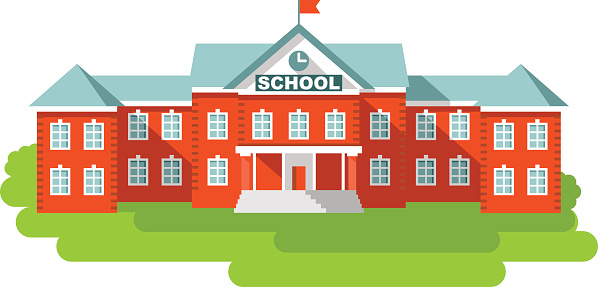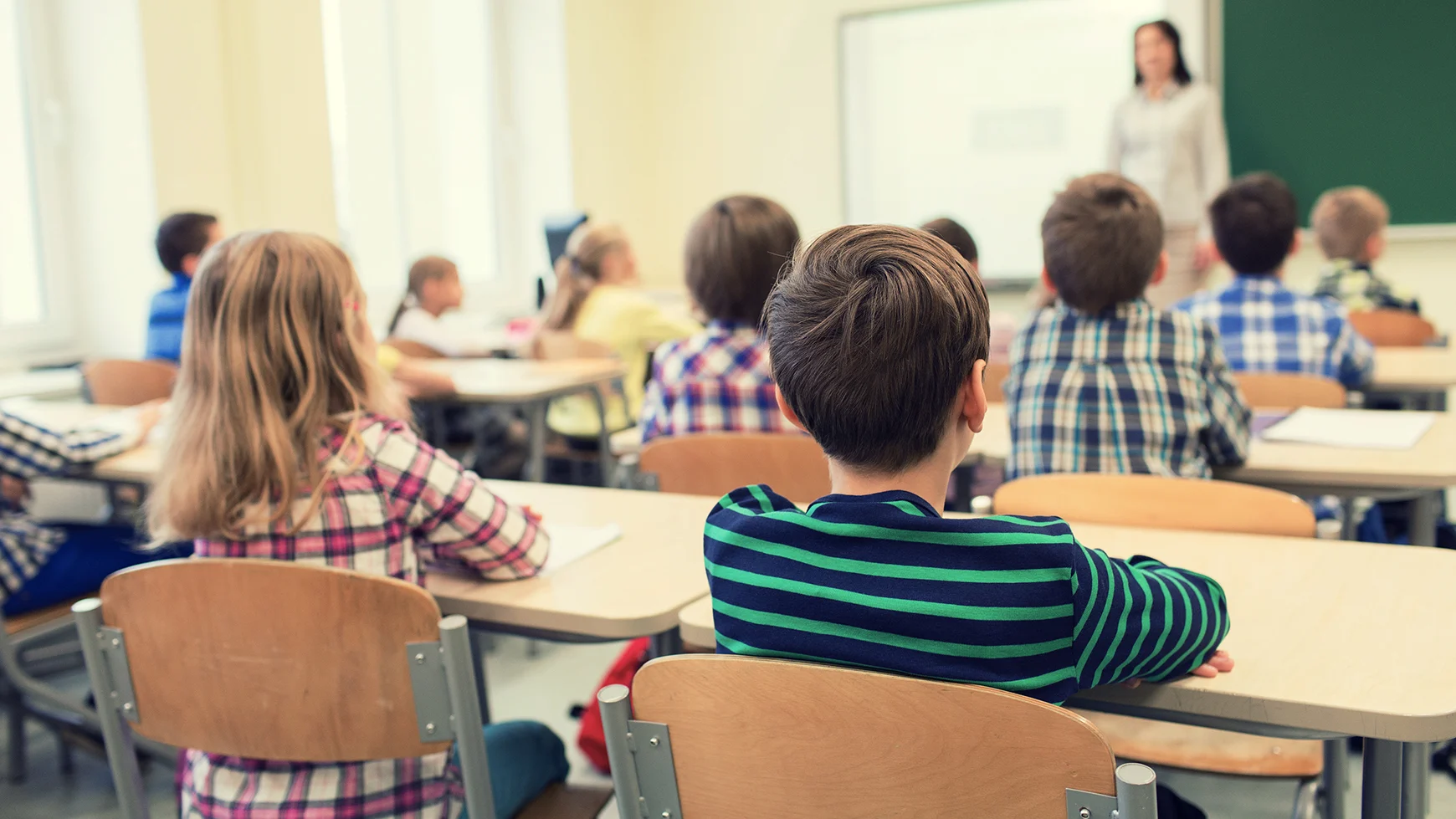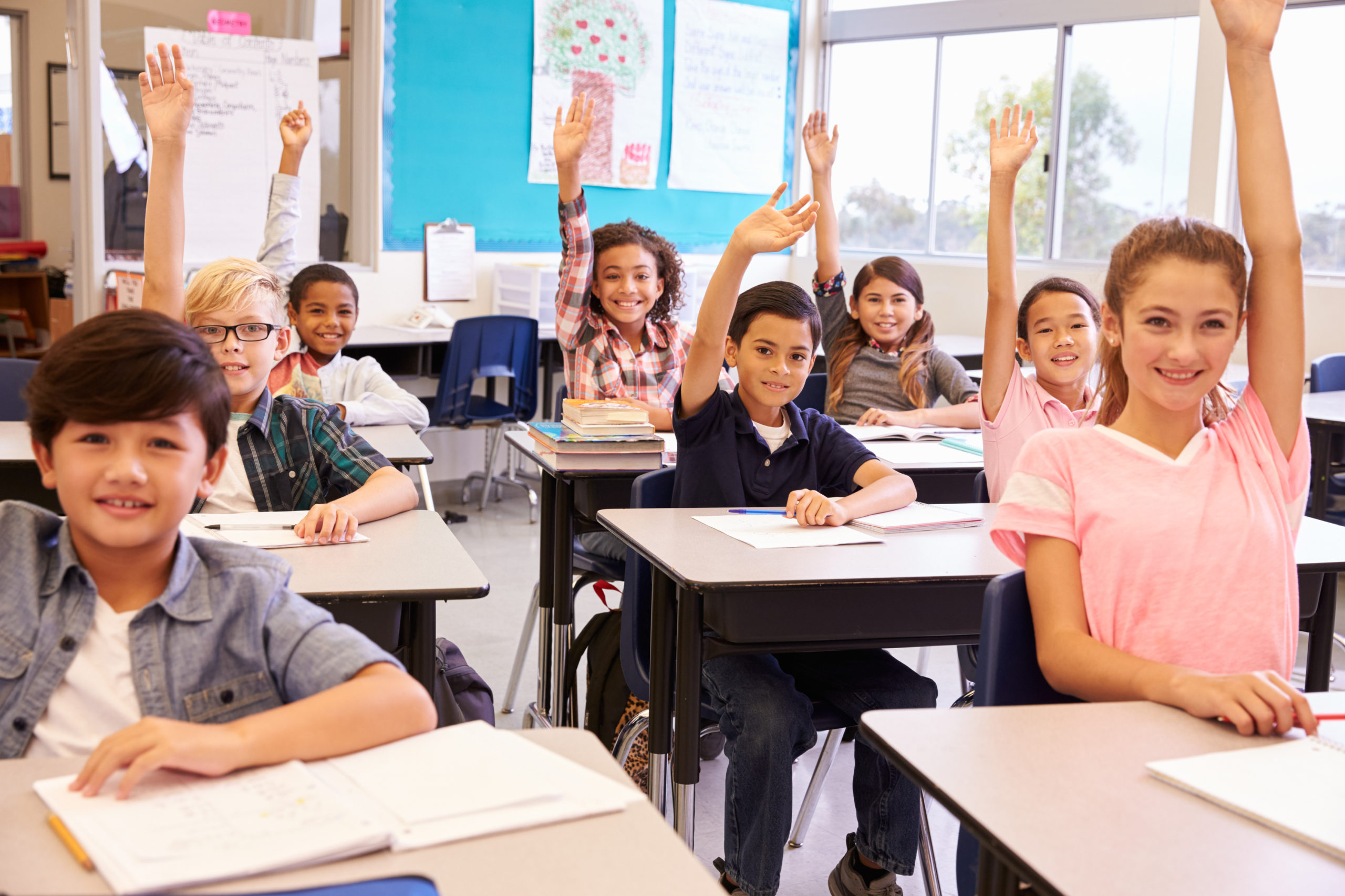Explore the Challenges Facing Our Community: Save Temecula Schools
The Effect of College Environments on Academic Success and Personal Well-Being
The style of educational rooms, including all-natural lights and ergonomic furniture, can improve pupils' concentration and comfort. How can colleges purposefully enhance these elements to much better support their trainees?
Physical Format and Design
Exactly how does the physical layout and layout of a college impact scholastic success? The setup and visual of a college setting can substantially influence pupils' learning end results. A well-designed institution format advertises convenience of motion, reduces interruptions, and cultivates a feeling of safety and security and belonging. Vast hallways and clearly marked areas assist in smooth transitions between classes, reducing lateness and disruption. Additionally, purposefully put common areas encourage social interactions, which are crucial for emotional and social advancement.
Natural lighting and reliable ventilation systems are essential in boosting cognitive feature and lowering absence. Studies have shown that classrooms with enough all-natural light improve student concentration and minimize feelings of sleepiness. Furthermore, ergonomic furnishings tailored to pupils' needs can avoid physical discomfort, enabling extended emphasis and engagement in academic activities.
Accessibility to exterior areas and cosmetically pleasing surroundings additionally play an important role - Save Temecula Schools. Eco-friendly spaces and well-kept school grounds provide possibilities for exercise and mental relaxation, both of which are essential for preserving high levels of scholastic efficiency. Basically, a thoughtfully created physical setting can act as a catalyst for academic excellence, fostering an ambience that sustains both mentor and discovering
Classroom Environment
A favorable class environment is basic to attaining academic success. An atmosphere that promotes a sense of safety, inclusivity, and mutual regard motivates trainees to involve even more actively in their learning processes. The atmosphere of a classroom, including aspects such as illumination, noise levels, and seating arrangements, can significantly influence student focus and motivation. A well-ventilated, well-lit class with marginal diversions can improve cognitive function and lower stress, consequently promoting much better scholastic end results.
Additionally, the class ambience need to sustain a culture of collaboration and open communication. They are more likely to involve deeply with the product and create vital thinking skills when students really feel comfortable revealing their ideas and asking inquiries. Peer interactions and team tasks can improve knowing by cultivating and giving varied viewpoints teamwork
Furthermore, developing regular routines and clear assumptions can create a structured environment that enables trainees to concentrate on their research studies. By minimizing uncertainty and providing a foreseeable framework, pupils can better handle their time and obligations. Inevitably, a positive classroom ambience not only improves scholastic efficiency however likewise adds to the total well-being of students, preparing them for future academic and individual undertakings.
Teacher-Student Relationships
Building on the value of a favorable class atmosphere, the partnerships in between students and educators play an essential function fit academic success. A healthy and balanced teacher-student partnership promotes a finding out setting where pupils feel valued, comprehended, and sustained, which substantially improves their motivation and engagement. When trainees view their educators as understanding and approachable, they are extra most likely to take part proactively in course and look for aid when needed, contributing to a much deeper understanding of the subject matter.

This depend on makes it possible for students to share their concepts and problems freely, cultivating a collective knowing environment. In significance, solid teacher-student connections are a keystone of educational success, playing a vital duty in both academic achievement and individual advancement.
Peer Communications
Peer communications significantly affect scholastic success by shaping a student's social and cognitive growth. Within the college atmosphere, peer connections function as a foundational component for learning and individual development. Positive peer communications can improve a pupil's inspiration and interaction in academic tasks through collaborative understanding and common support. When pupils function with each other in team settings, they trade concepts, solve troubles collectively, and create critical assuming skills. Such communications cultivate a sense of belonging and community, which is vital for emotional wellness and academic perseverance.

Reliable peer communications likewise add to the development of necessary life abilities, such as dispute, interaction, and participation resolution. These social competencies are crucial for both scholastic success and individual well-being, underscoring the significance of fostering favorable peer characteristics within the college environment.
After-school Activities
Engaging web link in extracurricular tasks plays an essential role in a student's academic success and individual growth. These activities, varying from sporting activities teams to debate clubs, supply students opportunities to develop useful skills such as leadership, time administration, and team effort. Research study regularly shows that trainees that join extracurricular activities tend to achieve greater scholastic performance. This relationship is usually associated to the structured setting and the self-control required to stabilize both academic and extracurricular dedications.
Moreover, extracurricular involvement cultivates a feeling of belonging and community, which is necessary for individual wellness. Joining group tasks enables students to build and strengthen socials media, enhancing their emotional and social knowledge. These communications are crucial for developing interpersonal skills that are advantageous in both future and academic expert atmospheres.
Furthermore, extracurricular tasks supply a constructive outlet for students to explore their passions and enthusiasms beyond the common educational program. This exploration can lead to the discovery of new abilities and potential career courses, further encouraging pupils to engage more deeply in their scholastic work. In final thought, the duty of after-school activities extends past plain leisure; they are integral to promoting an all natural academic experience you could try here that promotes both scholastic success and personal growth.
Verdict
Attentively designed physical layouts and class, along with positive teacher-student relationships and useful peer interactions, significantly enhance pupil inspiration and involvement. These aspects jointly highlight the significance of developing and preserving ideal college environments for the advantage of trainees' individual and scholastic growth.
Eventually, a favorable class ambience not only improves scholastic efficiency however likewise contributes to the general well-being of trainees, preparing them for future educational and individual undertakings.
